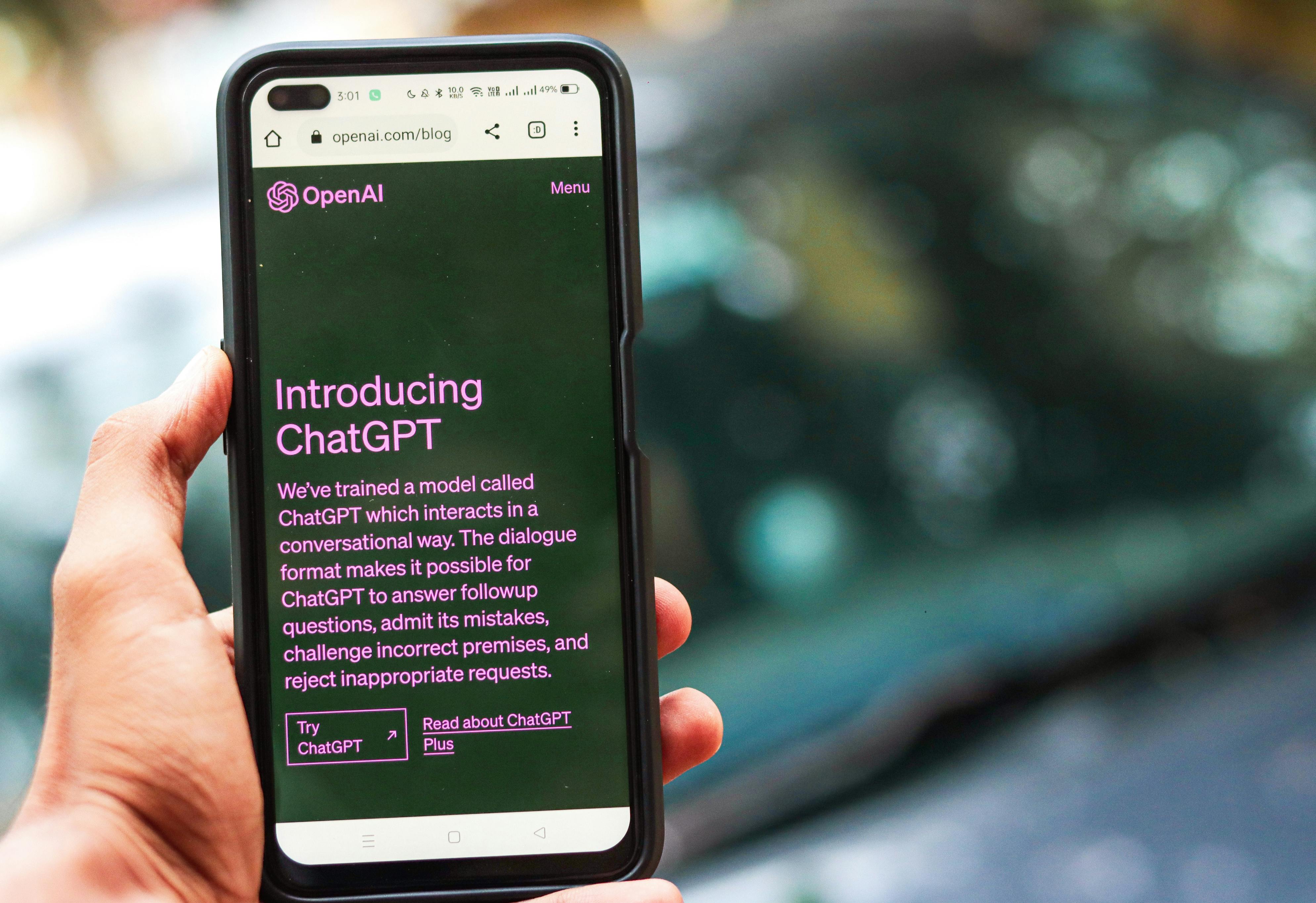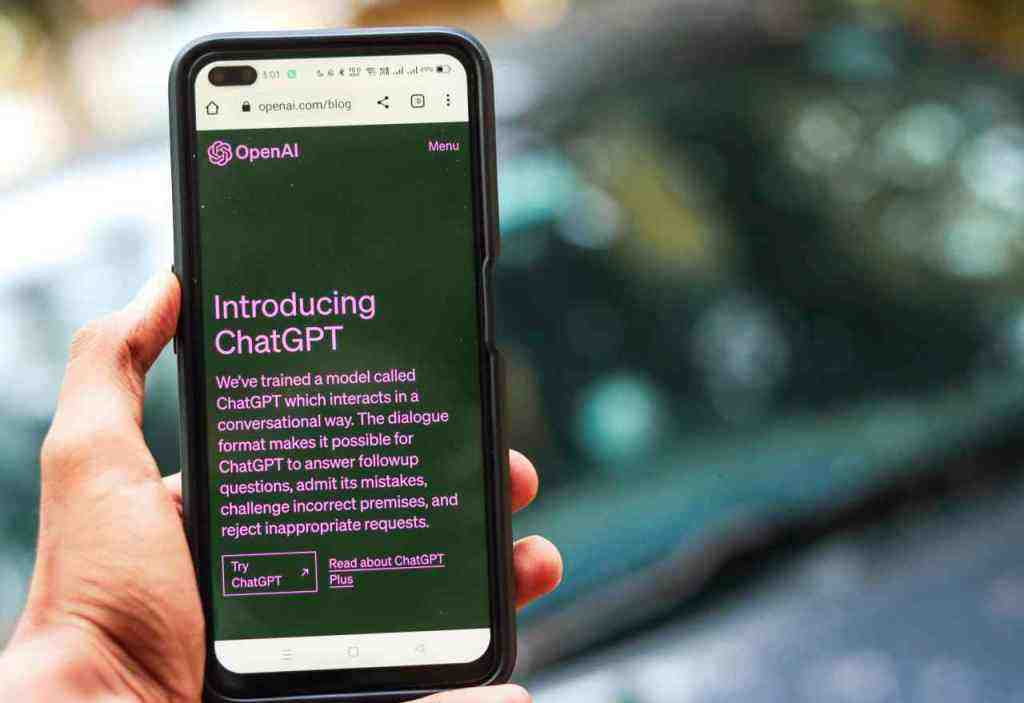
Apple’s Siri Set for a Major AI Overhaul: Is Google Gemini the Key? The digital assistant landscape is buzzing with speculation as reports emerge that Apple is in talks with Google to integrate the powerful Gemini AI into its own virtual assistant, Siri. This potential collaboration, if it comes to fruition, could mark a significant turning point for Siri, which has long been criticized for lagging behind its competitors in terms of intelligence and conversational ability. As of August 29, 2025, this story is still developing, with no definitive deal yet announced, but the implications are enormous for both Apple users and the broader AI industry. The AI Arms Race and Siri’s Evolution Virtual assistants have become indispensable tools in our daily lives, seamlessly blending into our routines for everything from setting reminders to controlling smart home devices. The effectiveness of these assistants is directly tied to the sophistication of the artificial intelligence powering them. Advancements in Natural Language Processing (NLP) and machine learning are crucial for creating assistants that are not only responsive but also intelligent, context-aware, and capable of nuanced interactions. Siri, Apple’s long-standing virtual assistant, has been a core component of the Apple ecosystem since its debut. While it offers a range of functionalities, it has frequently faced criticism for its limitations in understanding complex queries and engaging in natural, flowing conversations. This has put pressure on Apple to innovate and keep pace with rivals like Google Assistant, Amazon Alexa, and OpenAI’s ChatGPT, which have demonstrated more advanced AI capabilities. Apple has been working on a significant overhaul of Siri, aiming for a “second-generation” architecture that promises deeper contextual understanding and personalization. However, engineering challenges have reportedly pushed back the launch of this enhanced Siri, possibly to 2026. This delay has prompted Apple to explore partnerships with leading AI companies, including OpenAI, Anthropic, and, most recently, Google. Google Gemini: A Multimodal Powerhouse Google’s Gemini AI represents a significant leap forward in artificial intelligence. Designed from the ground up to be multimodal, Gemini can understand and operate across various types of information, including text, code, audio, images, and video. This comprehensive understanding allows for more nuanced and context-aware interactions, a key factor in improving virtual assistant performance. Gemini’s capabilities include sophisticated reasoning, advanced coding abilities, and the capacity to process vast amounts of data. It’s already powering Google’s own AI offerings and is integrated into Samsung’s Galaxy AI, showcasing its versatility and advanced natural language understanding. The potential for Gemini to enhance Siri lies in its ability to grasp complex commands, maintain conversational context, and provide more accurate and relevant responses, moving Siri closer to the capabilities of truly intelligent assistants. The Strategic Dance: Apple and Google The prospect of Apple integrating Google’s Gemini AI into Siri is a fascinating development, given the intense rivalry between the two tech giants. Google already pays Apple billions annually to be the default search engine on Safari, a deal currently under antitrust review. A partnership on AI would represent a significant deepening of this complex “frenemy” relationship. For Apple, leveraging Gemini could be a pragmatic way to quickly bridge the gap in the AI assistant race, addressing Siri’s perceived shortcomings. It would allow Apple to tap into cutting-edge AI technology without the potential delays associated with solely relying on internal development. However, this move also raises questions about Apple’s traditionally strong stance on vertical integration and maintaining control over its core technologies, especially concerning user privacy. Google, on the other hand, would see a monumental win, cementing Gemini’s position as a leading AI platform and potentially placing its technology on billions of Apple devices worldwide. This could also represent a significant revenue stream for Google, as licensing its AI capabilities is a key part of its business strategy. Navigating the Challenges and Opportunities While the potential benefits of integrating Gemini into Siri are substantial, Apple faces several hurdles. Technical challenges in seamlessly integrating a third-party AI model into Apple’s proprietary systems are paramount. Ensuring data privacy and security, which are core tenets of Apple’s brand, would be critical. Apple is reportedly asking Google to train a version of Gemini that can run on Apple’s Private Cloud Compute infrastructure, a move designed to preserve user privacy and on-device processing. Apple is currently testing two versions of the new Siri: one powered by its own internal models (code-named Linwood) and another that relies on third-party technology (code-named Glenwood). This internal “bake-off” will help determine which approach offers the best performance and user experience. The company is also reportedly testing its own advanced large language models, including a trillion-parameter model, indicating a commitment to both internal development and external exploration. The Broader Impact on the AI Landscape This potential collaboration between Apple and Google has far-reaching implications for the entire AI sector. It highlights the intense competition and the evolving strategies companies are employing to gain an edge in the AI race. If successful, an Apple-Gemini partnership could set a precedent for how major tech players leverage external AI advancements, influencing future development strategies and collaborations across the industry. The user expectations for AI assistants are continuously rising. Consumers now anticipate AI that is not only responsive but also intelligent, context-aware, and capable of handling complex tasks. A more capable Siri, powered by advanced AI, could significantly strengthen Apple’s ecosystem, enhancing user loyalty and encouraging deeper engagement with Apple services. Key Takeaways and What to Watch For As this story continues to unfold, here are the key points to keep in mind: * **Siri’s Need for an Upgrade:** Siri has historically lagged behind competitors, prompting Apple to seek significant AI enhancements. * **Gemini’s Potential:** Google’s Gemini AI offers advanced multimodal capabilities, natural language understanding, and sophisticated reasoning that could revolutionize Siri. * **Strategic Partnerships:** Apple is exploring partnerships with multiple AI leaders, including Google, OpenAI, and Anthropic, as it seeks the best solution for Siri’s next generation. * **Privacy is Paramount:** Any integration will need to adhere to Apple’s strict privacy standards, likely involving on-device processing or Apple’s Private Cloud Compute infrastructure. * **Internal vs. External:** Apple is testing both its own AI models and third-party solutions to determine the optimal path forward for Siri. * **Timeline:** An enhanced Siri, potentially powered by Gemini or another advanced AI, is rumored for a spring 2026 release. The decisions Apple makes regarding Siri’s AI future will not only shape the user experience across its vast product ecosystem but also send ripples throughout the competitive landscape of artificial intelligence. The ongoing “bake-off” and the strategic considerations at play make this one of the most closely watched developments in the tech world today. **What are your thoughts on Apple potentially partnering with Google for Siri? Share your opinions in the comments below!**


